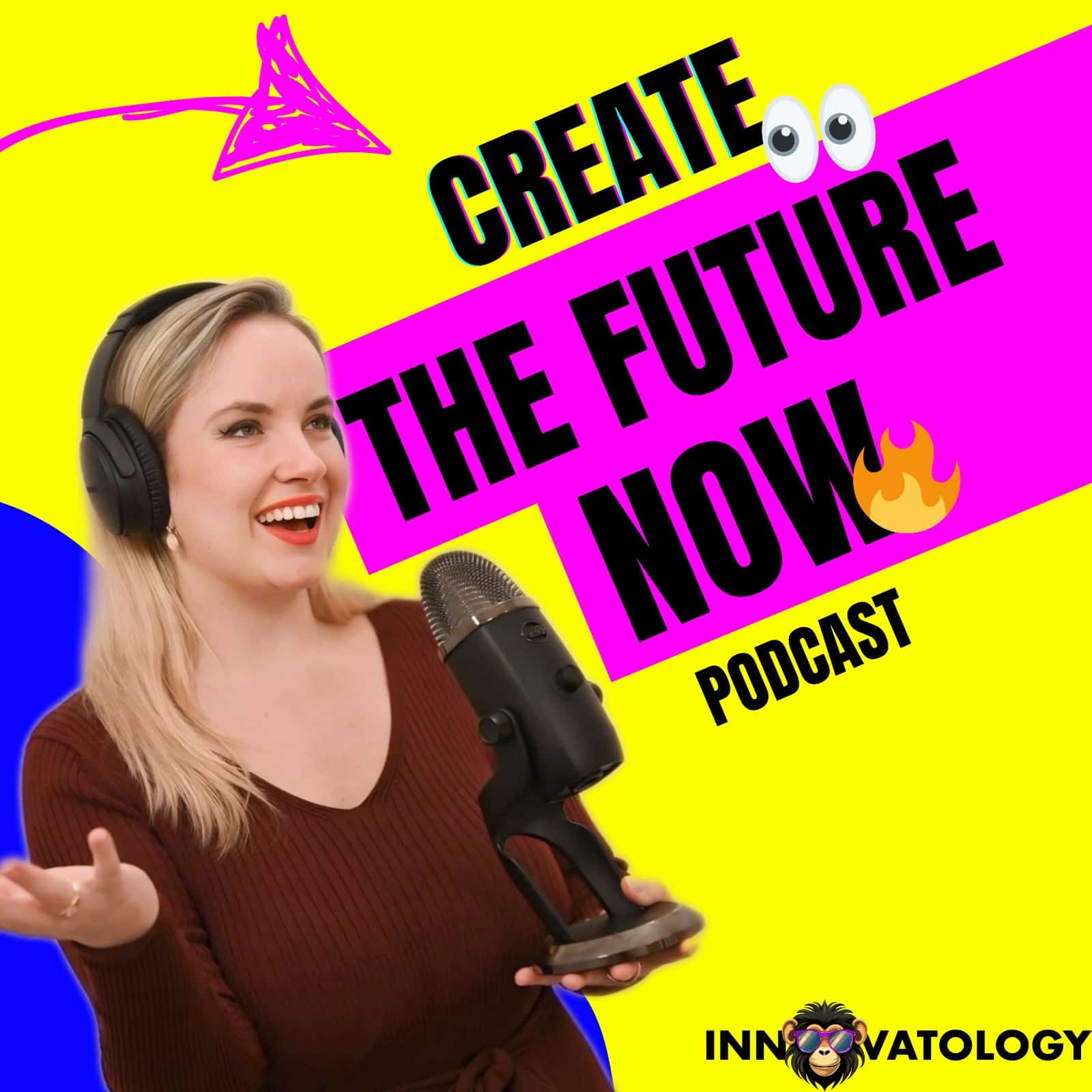In this episode, Innovatology is joined by Ana Kane, co-founder and Head of Partnerships at Sustainabil-IT, to explore how cutting-edge technology can drive sustainable transformation. Ana shares her expertise in using Saas 2.0 technologies to democratize access to sustainability solutions, covering everything from carbon management to compliance and strategic partnerships. Hosted by Innovatology, this insightful conversation will equip business leaders, environmental advocates, and tech enthusiasts with actionable strategies to accelerate their sustainability efforts.
Transcript;
00:00:02
All right, so hello, everyone, and welcome to our new Innovatology episode about accelerating sustainability through technology. Innovatology is a one-stop shop for the latest tech and innovations, and we are doing this for you. We are trying to accelerate and make more efficient your lives, not only personal but also professional, with tech and new innovations. Today, I am here with Cedric, who is the co-founder of Innovatology, and I’m Marie, the second co-founder of Innovatology, we have a special guest today for today’s episode, and it’s Anna Kane. She’s a passionate advocate for sustainability, bringing a wealth of experience and innovation to the field. So it will be a discussion among three passionate people about IT and innovation fields, and she’s also the co-founder of Sustainable IT, I hope that I pronounced it well, but she will then tell us more about it.
00:01:05
She also played a pivotal role in developing and implementing SAS 2.0. So it’s really exciting. Hello, Anna. Hello, Marie. Hello, Cedric. Thank you very much for having me. Thank you for accepting. Thank you, guys. We are actually in collaboration with a few companies that, of which platforms we are using, and they are SAS 2.0, but yeah, I didn’t have much to do with the creation of the software per se. Well, thank you for your action, because this is also important to mention, and we can maybe then tell also our audience more about what the SAS is, because some of people, they might not know what is even the SAS, so we can then dive- Of course. So while we know that SAS is software as a service, and SAS 2.0






